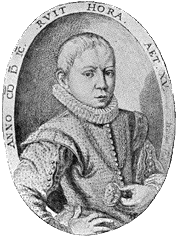Mahan, Choke Points, and the Panama Canal
The recent blockage of the Suez Canal by the container ship Ever Given is a reminder of the importance of maritime choke points as they concern international commerce and national security. Choke points are primarily the effect of natural geography, which is one of the critical dimensions of strategy. In some cases, however, human agency, especially technology, can affect the strategic importance of natural geographic features and relationships. The shift from sail to steam, then from coal to oil-fired ships. From roads to railways. From horses to internal combustion engines. From the ground to the skies — aircraft to ballistic missiles, to drones, and hypersonic vehicles. Another human agency is the construction of canals in a way that significantly alters the geopolitical terrain.


